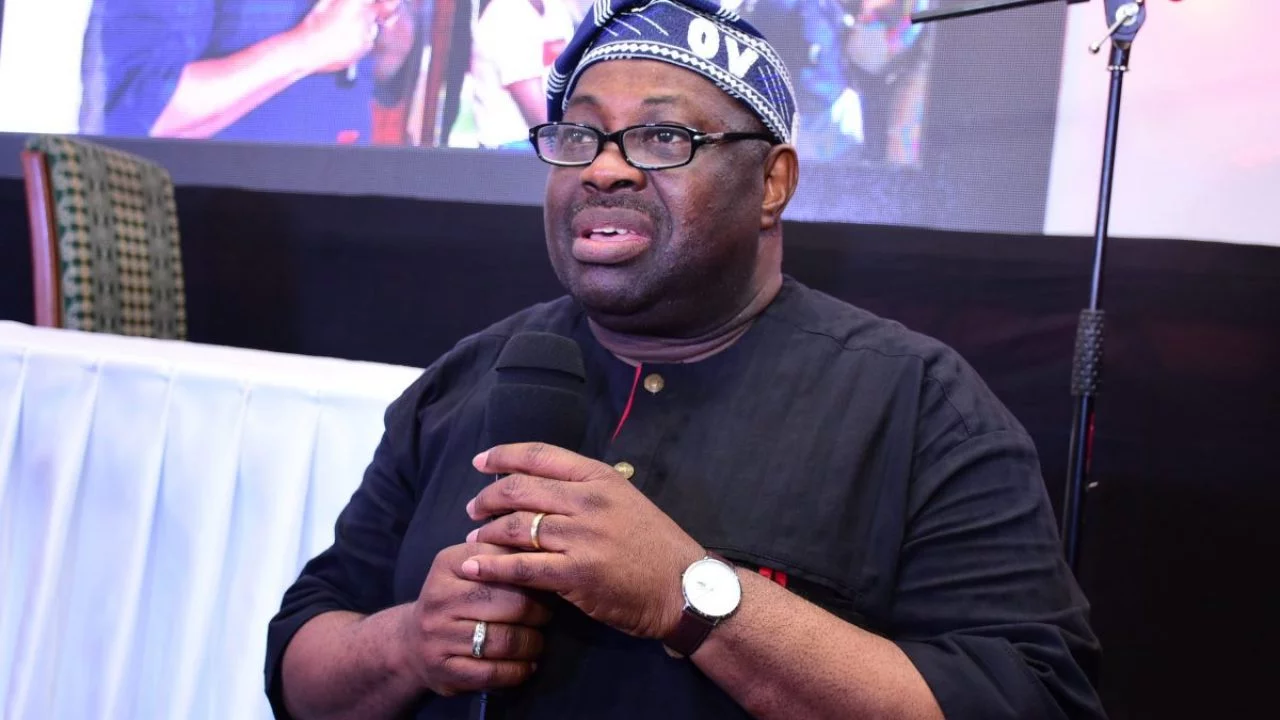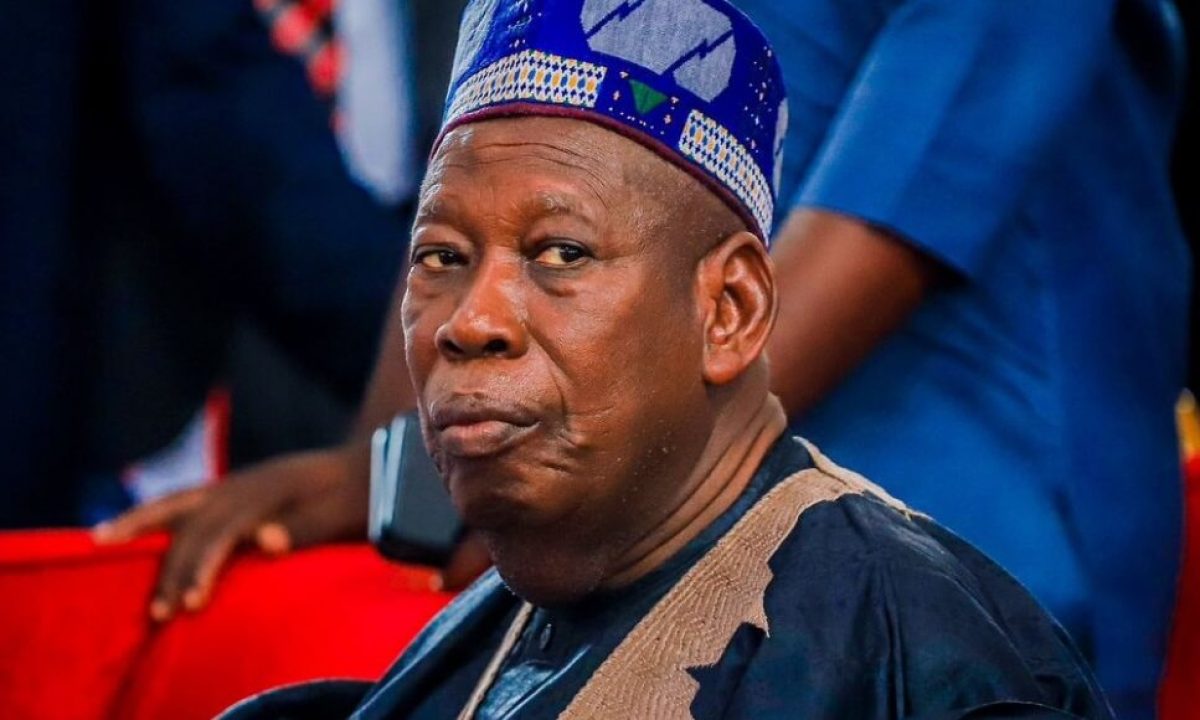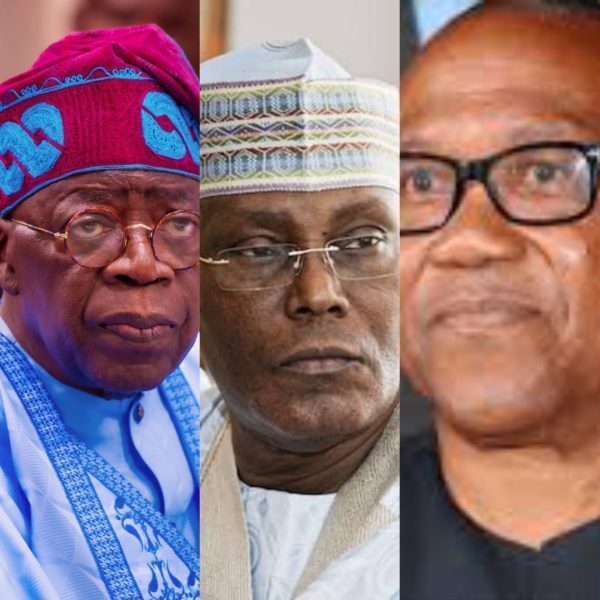Ganduje resigns as APC national chairman: Health reasons or strategic retreat?
Ganduje resigns as APC national chairman
In a move that sent ripples through Nigeria’s political space, Dr. Abdullahi Umar Ganduje has officially resigned as National Chairman of the ruling All Progressives Congress (APC).
His resignation, tendered on Thursday, June 27, 2025, was addressed to the party’s National Working Committee (NWC) and cited health reasons. However, political watchers believe his exit is the culmination of months of zoning disputes, internal pushback, and growing public pressure.
A Sudden Exit—But Long-Brewing Storm
Ganduje’s decision may have caught many by surprise, but it is far from an isolated development. Since his controversial appointment in August 2023, the former Kano State governor had been dogged by factional resistance—particularly from North-Central APC chieftains, who claimed the position of chairman was unjustly taken from their zone.
They had called for his resignation multiple times, citing APC’s unwritten zoning arrangement, which supposedly allocates the chairmanship to their region. Despite being backed legally and politically by the presidency and APC leadership, Ganduje was consistently at odds with party factions who felt alienated or sidelined.
Legal Battles and Political Resilience
Throughout 2024, Ganduje faced suspensions by his ward leaders in Kano, court battles aimed at removing him, and calls for resignation from party elders. Still, he weathered the storm:
-
A Federal High Court ruling in September 2024 validated his chairmanship.
-
The APC NWC consistently reaffirmed his authority, including in their most recent meeting in June 2025.
-
President Bola Ahmed Tinubu stood by him, appointing him as FAAN Board Chairman earlier this year.
Yet despite these victories, insiders report that Ganduje’s continued leadership was increasingly seen as divisive, especially as the party prepares for the 2027 general elections.
Legacy of a Controversial Tenure
While Ganduje managed to stabilise the party structure after his predecessor Abdullahi Adamu’s abrupt resignation, his chairmanship has been largely reactive—dominated by court cases, zoning disputes, and lingering questions over alleged corruption issues from his tenure as governor.
He struggled to command full confidence across all party blocs, especially outside the North-West. His critics saw him as a symbol of political imposition, while his allies touted him as a strategic loyalist to Tinubu, ensuring national party alignment with the presidency.
Impact on APC and What Comes Next
With Ganduje stepping down, the APC now faces a critical turning point:
-
Abubakar Kyari Dalori, Deputy National Chairman (North), is now expected to serve in an acting capacity.
-
A full National Convention is expected in December 2025, where a substantive chairman will be elected—potentially from the North-Central zone.
-
Party stakeholders will likely push for a return to rotational leadership, which many believe is key to restoring party unity and credibility.
Some analysts also see Ganduje’s resignation as a pre-emptive move to maintain party harmony ahead of potential legal escalations or damaging media coverage.
Is Ganduje Out of Politics Entirely?
Although Ganduje cited “health reasons” in his resignation letter, he is unlikely to fade entirely from national politics. As a seasoned political operator and former two-term governor, he retains significant influence—particularly in the North-West and within President Tinubu’s inner political circle.
Some speculate he may still play a behind-the-scenes advisory role, possibly as a kingmaker in APC affairs or as a federal board chairman, like his current post with the Federal Airports Authority of Nigeria (FAAN).
Public Reaction and Broader Implications
Public response to Ganduje’s resignation has been mixed. While some see it as a welcome reset for the ruling party, others view it as a calculated political exit to pave way for new leadership without open confrontation.
Civil society groups and opposition figures have praised the development, calling for more transparency and adherence to internal party democracy, while also urging the APC to focus on governance and reform ahead of a difficult economic and electoral cycle.
Ganduje’s resignation marks the end of a turbulent chapter in APC’s national leadership. Whether driven by health concerns or political pressure, it opens the door for new actors to emerge—and for the APC to redefine its direction in the run-up to 2027.
As the party navigates this transition, one thing is certain: the Ganduje era will be remembered not only for the controversies but also for the political calculations that defined its end.




